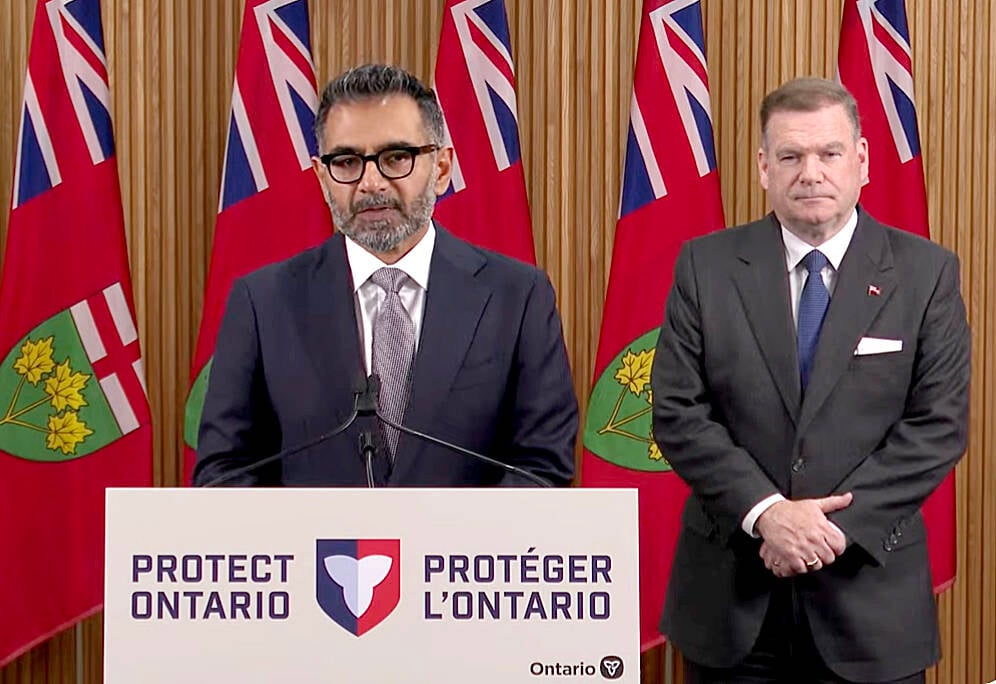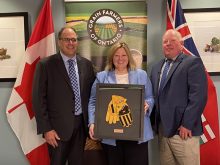Glacier FarmMedia – The organization representing Ontario’s 28,000 barley, corn, oat, soybean and wheat farmers has left the Grain Growers of Canada.
Grain Farmers of Ontario (GFO) announced its withdrawal from the national policy organization in a news release on Feb. 7, citing a lack of representation.
Why it matters: Ontario farmers will lose an important voice in the national farm lobby with the Grain Farmers of Ontario pulling out of the Grain Growers of Canada.
Read Also

Conservation Authorities to be amalgamated
Ontario’s plan to amalgamate Conservation Authorities into large regional jurisdictions raises concerns that political influences will replace science-based decision-making, impacting flood management and community support.
“Our organization was instrumental in helping to re-engage the industry with this organization and we were heavily invested in the success of the organization, whether by time or money, and we had great expectations for what a rejuvenated GGC could be,” said the statement. “The voice of grain farmers is needed at national policy discussions in many areas, however at this time, our farmer-members’ voices are not being represented in key areas effectively through GGC.”
GFO says those areas include that important GFO advocacy work “would be undermined by conflicting GGC policy narrative”.
Grain Growers of Canada is heavily involved in the trade issue around the reduction in canola purchases by China.
In Ontario, soybean growers have been hit by low prices, caused in part by oversupply in the United States due to a withdrawal from purchasing of American soybeans by China. There is also a general oversupply of soybeans in the world, and a reduction in demand for soybeans from China due to its African swine fever outbreak in its swine herd.
American farmers have received three rounds of subsidies from their national government, and Canadian growers have received none. Federal-provincial risk management programs don’t cover trade-related price challenges.
GFO has been vocal that soybeans have not been part of the various trade challenge mitigation packages.
GFO only joined the national organization late in 2018.
The Ontario organization, headquartered in Guelph, said in a statement it was, “Unable to overlook issues with the structure of the organization and personality conflicts” and was, “concerned with governance and regulation compliance.”
GFO will now lobby the federal government on its own behalf — something it is already positioned to do, having a number of people already registered to do so in Ottawa.
Jeff Nielsen, chair of GGC, promised to continue advocating for all grain growers across the country.
“We’re united, we’re focused on moving forward. We speak for all commodities, we know that’s what we have to do,” he said, adding there weren’t any “major issues” between the organizations.
At a December board meeting some challenges were discussed, and Nielsen said changes were implemented right away.
While the loss of such a significant membership impacts the organization, Nielsen said he doesn’t like to play the numbers game.
“We want to represent our members equally,” he said. “That’s how we were designed.”
Nielsen expects the two organizations to continue working together and is open to Ontario grain growers once again joining the national organization.
“You never close the door in agriculture, you always leave that door open and keep the lines of communication moving,” he said.













